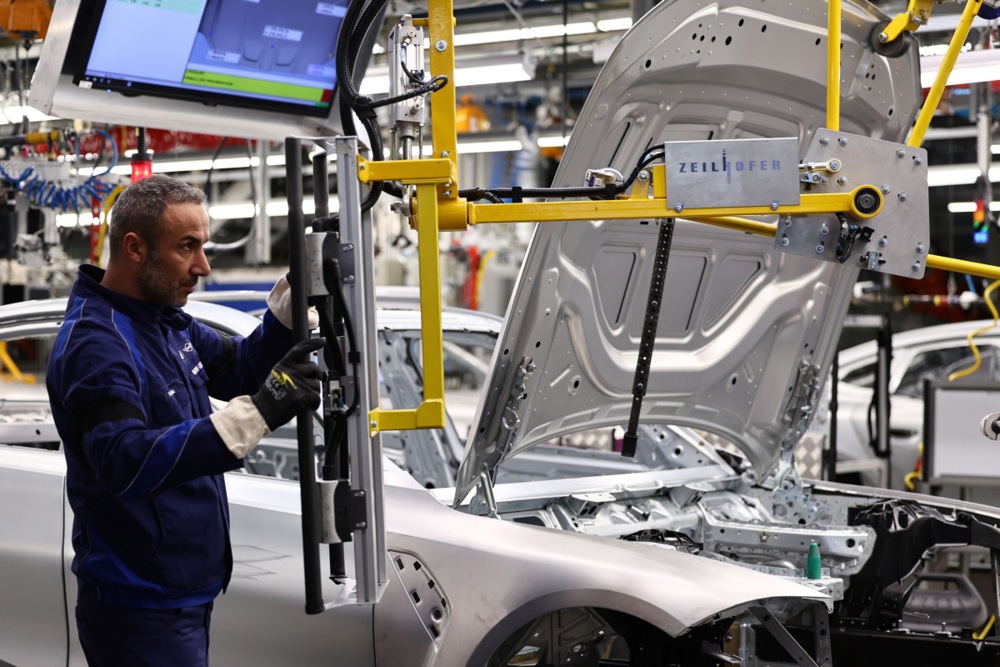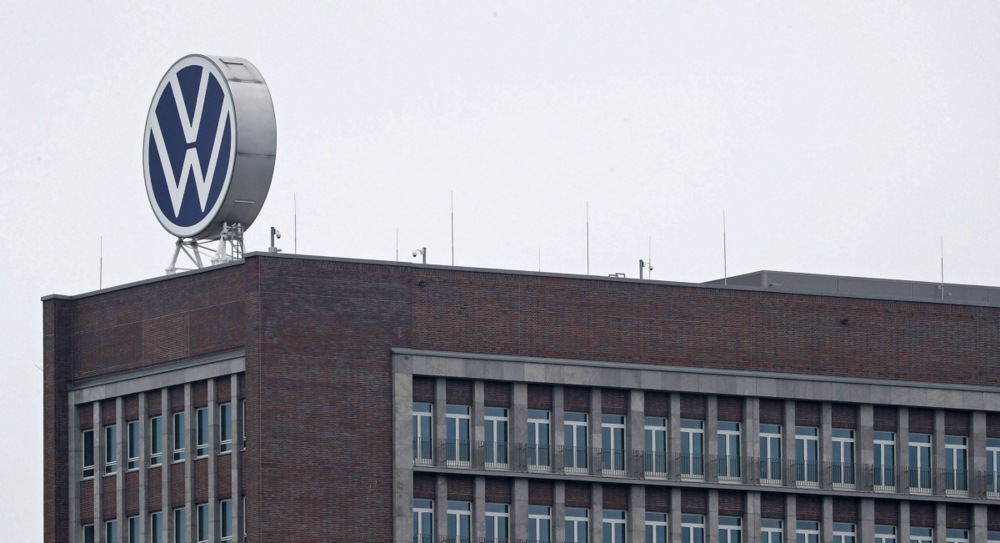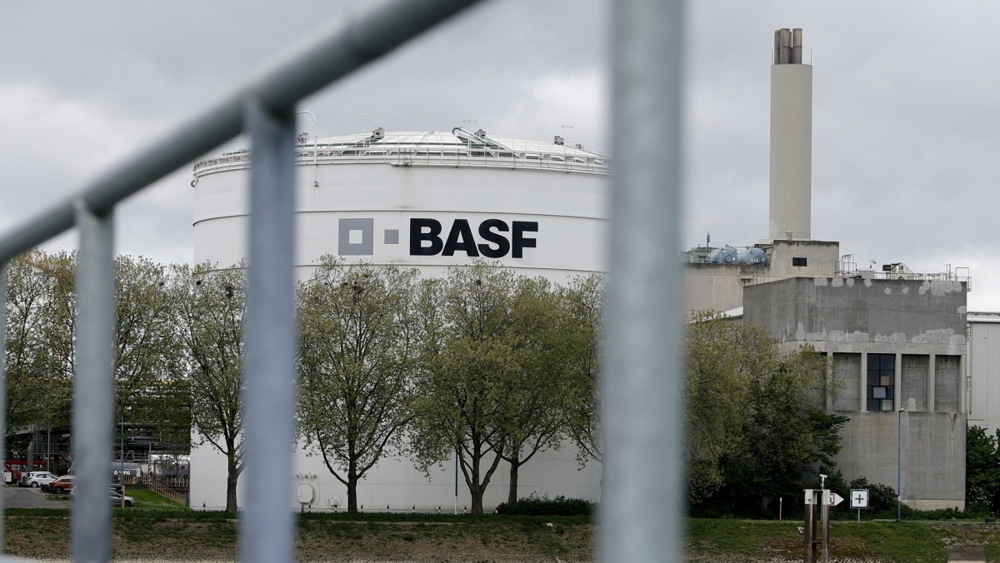In a new blow for the struggling German car industry, auto parts supplier Bosch has said it wanted to cut more jobs than previously indicated in May, when the company said 2,200 jobs would go.
On November 22, a company spokeswoman announced that in the coming year, a further “need for adjustment” of up to 5,550 jobs being shed would be needed.
Over two-thirds of these layoffs, or more than 3,800, will be in Germany, it said.
Precise numbers are not decided yet and will be the result of negotiations with representatives of the employees, which are set to begin soon.
Bosch, the biggest car parts supplier in the world, promised to make the reduction in jobs as “socially acceptable” as possible.
The agreement reached in the middle of 2023, which bars mandatory layoffs in the German supplier division until the end of 2027 and, in some cases, until the end of 2029, is still in effect.
But employee representatives are unhappy with the Bosch move. Trade unionists have called it a “fatal signal”.
“The company’s announcement that it will reduce staff to this extent is a slap in the face for the employees,” said Frank Sell, the head of the works council for Bosch’s automotive division in Germany.
The firm had already decided to reduce working hours and wages for many of its employees.
“Due to the company’s unilateral intervention in the remuneration of the employees, we have also reached a new low point in our co-operation with the management,” Sell said.
“We will now organise our resistance to these plans at all levels,” he added, indicating resentment about the course of events.
According to the primary German metalworkers’ union IG Metall, all employment contracts with 40 or 38 hours would be downgraded to a 35-hour week in several areas.
“The loss in pay of up to 15 per cent will affect around 2,300 employees at various locations,” the union said.
The European Union’s push for electric vehicles is experiencing significant delays, directly impacting Bosch’s production start-ups and vehicle manufacturers’ call-off, or pre-ordered commitment, figures.
Simultaneously, the company faces substantial investment requirements to develop these technological innovations.
The new reductions have caused a drop in confidence in the firm’s management and increased uncertainty in the workforce about their future.
Most affected by the plans is the Cross-Domain Computing Solutions division, which is responsible for “intelligent-driver assistance systems” and automated driving. This division was situated in Baden-Württemberg and Lower Saxony.
“The Hildesheim plant has worked hard over many years to transform itself from combustion-engine products to future e-mobility products,” said Stefan Störmer, Chairman of the plant’s works council.
“If staff are now actually to be cut at this location, it would be a fatal signal for all locations that still have this transformation ahead of them.”
Stephan Hölzl, member of the Divisional Board of Management for Commercial Tasks in the Cross-Domain Computing Solutions business unit of Bosch, countered: “We have to adapt our structures to the changed market environment and sustainably reduce costs in order to strengthen our competitiveness and position ourselves for the future,”
In one factory, up to 1,300 jobs are set to be cut between 2027 and 2030, more than a third of the employees there, Die Welt reported recently.
Bosch cited the ongoing crisis in the general automobile industry as justification for the savings initiatives.
“Global vehicle production will stagnate at around 93 million units this year, if not decline slightly compared to the previous year,” the company said.
At best, a modest rebound is anticipated in the upcoming year. The industry is said to be suffering significant overcapacity, while pressure on prices and competition, in particular from China, has also increased.
That has apparently caused a drop in demand for electric car parts with Bosch.
Thousands of jobs have already been lost in the German automotive industry and more are expected to follow as sales of German cars continue to disappoint.
Volkswagen’s recent shock announcement to cut tens of thousands of jobs, was not an isolated event but part of a much bigger crisis, according to Hildegard Müller, president of the German Association of the Automotive Industry. https://t.co/0nCR7UJKNx
— Brussels Signal (@brusselssignal) October 29, 2024





